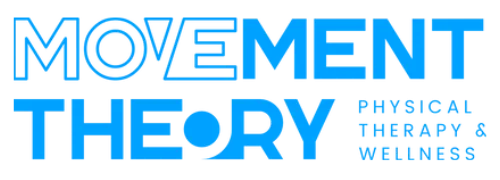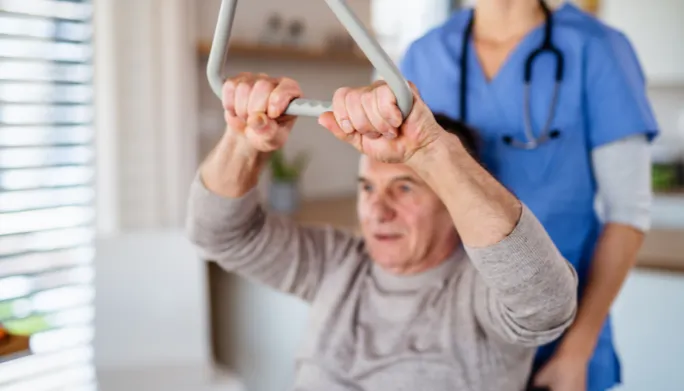When seniors experience a fall, the physical challenges that follow can significantly impact their ability to recover independently. In this blog, we’ll delve into the first issue seniors face: physical impairments hindering self-recovery. From weakened muscles to joint stiffness, understanding these factors is crucial for designing effective interventions that empower seniors to rise against adversity.
1. Weakened Muscles:
Impact: Falls can lead to muscle strain, causing weakness that hampers the ability to stand up. Weakness in the lower body, particularly the legs, is a common consequence.
Intervention: Strength training exercises targeted at the major muscle groups, including the quadriceps and hamstrings, can help rebuild muscle strength. Physical therapists play a vital role in designing tailored programs to address specific weaknesses.
2. Joint Stiffness:
Impact: After a fall, joints may become stiff, making it challenging to perform the necessary movements for recovery. Stiffness is often more pronounced in weight-bearing joints like the knees and hips.
Intervention: Gentle joint mobilization exercises and stretches are essential to improve flexibility and reduce stiffness. Physical therapists employ techniques to enhance joint mobility and range of motion, facilitating a smoother recovery process.
3. Reduced Flexibility:
Impact: Limited flexibility, especially in the lower back and hip regions, can impede the range of motion required for getting up from the floor.
Intervention: Incorporating flexibility exercises, such as gentle stretches and range-of-motion activities, helps improve flexibility. These exercises are designed to address specific areas of reduced flexibility and enhance overall mobility.
4. Impaired Balance:
Impact: Fall-related injuries can disrupt the sense of balance, making it challenging for seniors to maintain stability while attempting to stand.
Intervention: Balance training exercises, including standing on one leg, heel-to-toe walking, and weight-shifting exercises, are beneficial. Physical therapists focus on improving balance through targeted interventions to enhance overall stability.
5. Cognitive Factors:
Impact: Cognitive impairments, including confusion or disorientation after a fall, can affect the ability to initiate the recovery process.
Intervention: Cognitive-behavioral strategies, coupled with exercises that promote cognitive function, contribute to a holistic approach. Physical therapists work on activities that engage cognitive processes while addressing physical impairments.
Overcoming physical impairments in senior fall recovery requires a multifaceted approach that addresses weakened muscles, joint stiffness, reduced flexibility, impaired balance, and cognitive factors. By tailoring interventions to individual needs, involving physical therapists, and promoting a comprehensive recovery plan, we can empower seniors to rise above the physical challenges and regain their independence. Stay tuned for more insights into fall recovery and holistic well-being



